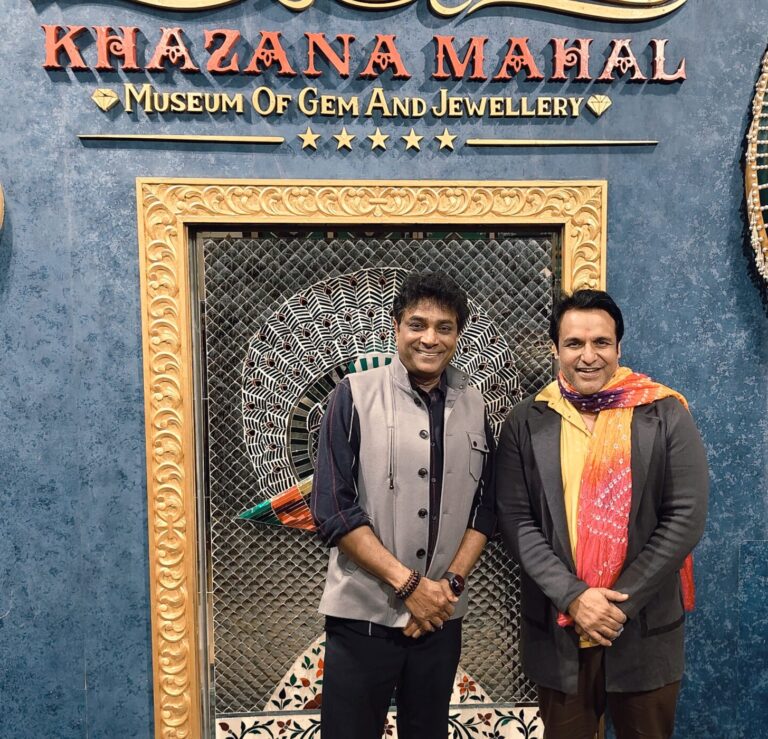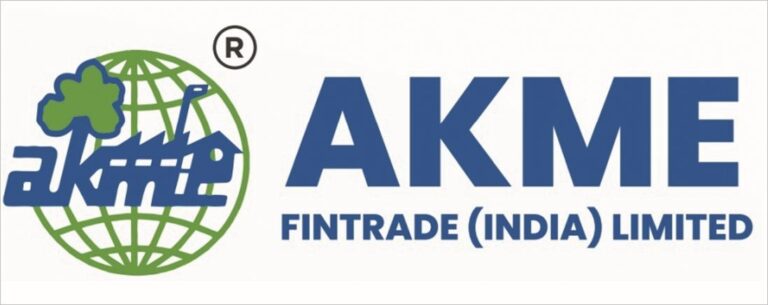
New Delhi, March 2024.
NSDC International, a wholly owned subsidiary of National Skill Development Corporation(NSDC),today signed a Memorandum of Understanding (MoU)with Sub – Saharan African Skills & Apprenticeship Stakeholders Network (SASASNET) to develop the skill ecosystem across Sub-Saharan Africa countries.
The partnership aims to address skill gap, promote workforce mobility, and propel economic growth in the region through collaborative initiatives and by facilitating the establishment of new Sector Skill Councils (SSCs), and sharing best practices of NSDC International on skills development strategies and lifelong learning initiatives.
The MoU was exchanged between Mr.Ved Mani Tiwari, CEO, NSDC and MD, NSDC International and Hon. Ousman Sillah, Secretary General, SASASNET.
Dr. Ashwani Aggarwal, Global Lead (Skills Policy, Systems and Digitization), International Labour Organization (ILO), Prof. Indris M. Bugaje, Chairperson, SASASNET and Ajay Raina, Group General Counsel, NSDC & COO, NSDC International were also present during the announcement of the partnership.
Speaking on the occasion, Mr. Ved Mani Tiwari, CEO, NSDC and MD, NSDC International said, “The signing of the MoU between NSDC International and SASASNET is truly a momentous occasion which is poised to advance skill development and education across the Sub-Saharan African region. It will play a pivotal role in addressing the diverse issues, concerns, and aspirations of the workforce. NSDChas undertaken multiple initiatives todevelop a competent workforce to bridge skill gaps,enhance industry readiness, and promote international adaptability through targeted training and certification programs. I am certain that our partnership with SASASNET will drive positive transformation across member countries and pave the way for a resilient and an inclusive future for all”.
The partnership aims to drive skill harmonization and bench marking of qualifications, quality standardization, scaling technological advancements and bolstering digital public infrastructure to promote job readiness and employability skills among the youth.
To fuel further growth, the collaborative efforts will be made to digitalize the Technical and Vocational Education and Training (TVET) systems across Sub-Saharan Africa to open avenues for youth to access top-tier educational resources, enabling remote assessments and certifications and fostering a culture of entrepreneurship, innovation and lifelong learning.
Speaking on the occasion, Professor Indris M. Bugaje, Chairperson, SASASNET said, “This is a great opportunity for Africa to collaborate with a similar skills development body from the Indian sub-continent for mutual benefits”.
Dr. Ashwani Aggarwal, Global Lead (Skills Policy, Systems and Digitization), ILO said, “This MoU is a testament to India’s and Africa’s shared vision, setting the stage for a future where everyone is included in pursuing professional excellence. It promises to bridge the skills gap, enhance cultural understanding, and create new opportunities for millions, empowering them to thrive in the global economy. The International Labour Organization (ILO) will continue to facilitate the strengthening of the partnership and provide technical support and expertise to develop policies and programs that promote decent work and social justice”.
To streamline and expedite mobility, the partnership envisages on mapping of sector specific skills and assessing the demand for skilled workforce across sectors to strengthen the interface between industry and academia.
In addition, NSDC International will share the best practices and lessons learned from the development of the Skill India Digital Hub (SIDH) and other Digital Public Infrastructure (DPI) with SASASNET for enhancing the TVET systems through digital platforms in the member countries.
Furthermore, the delegates discussed how Sector Skill Councils (SSCs) have played a vital role in developing competency-based standards, standardized skill certification process and fostering industry collaborations to address the demand for skilled workforce.
With this, the establishment of the Sector Skill Councils (SSCs) in the member countries will open pathways for youth to gain academic knowledge combining industry exposure in line with National Skill Qualifications Framework (NSQF).
The multifaceted approach leverages innovative technologies, establishes a robust Recognition of Prior Learning (RPL) framework, and promotes a “earn while you learn” model for youth, facilitating their smooth transition from school to employment.
The collaboration focuses on strengthening the industry connect to comprehend the evolving skill requirements, emerging trends and job roles in line with equipping the youth with industry relevant skills.





